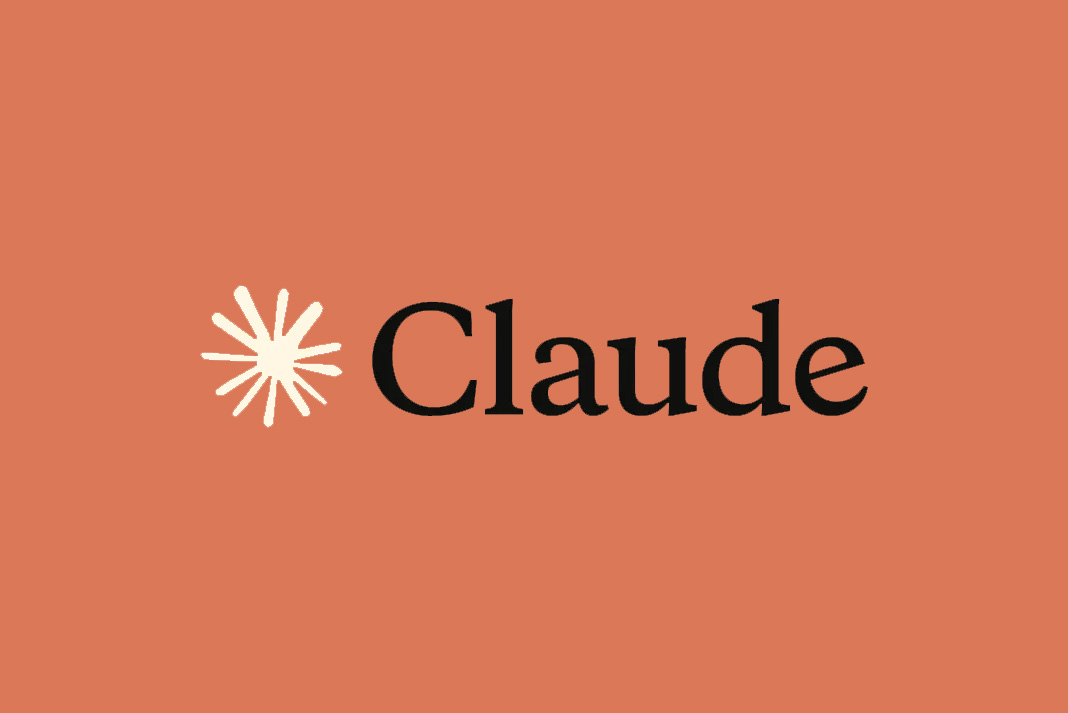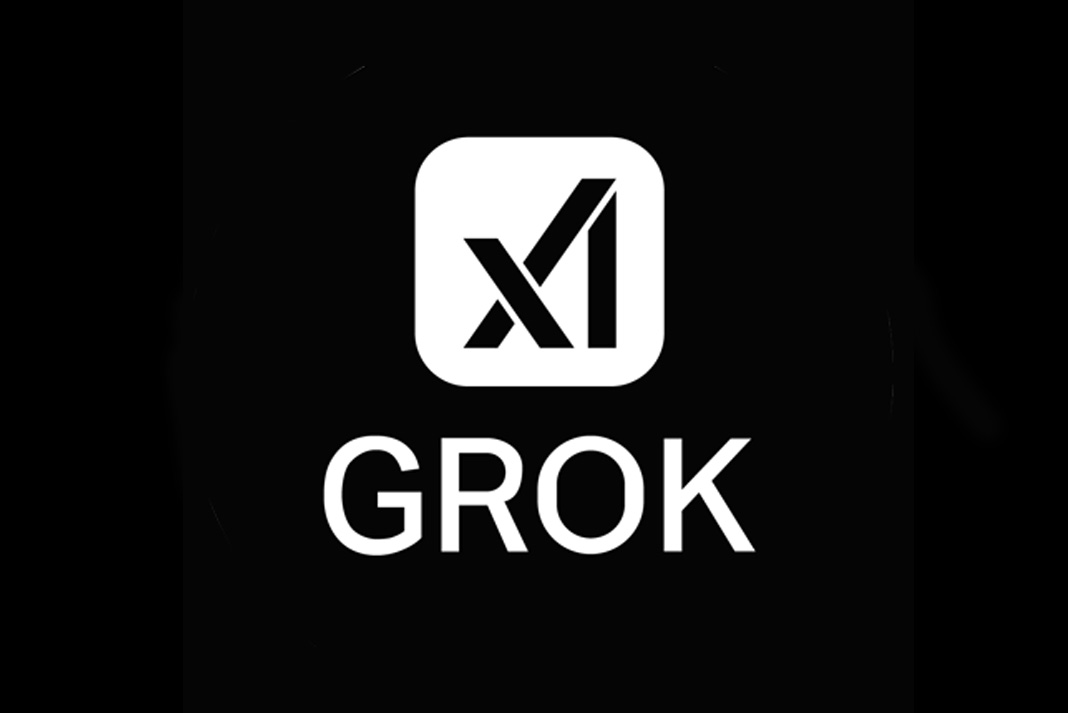There’s a subtle hum of progress this July in the world of Claude AI. Anthropics has rolled out thoughtful updates across their Claude 3 and the newer Claude 4 model families, focusing on sharper reasoning, deeper memory, and smarter tool use. Whether you’re a developer syncing code in VS Code, a marketer crafting campaign briefs, or an analyst parsing hefty reports, these refinements invite a cleaner, longer, and more nuanced AI conversation.
—
✅ Enhanced Extended Reasoning and Memory with Claude 4
Anthropic’s latest Claude 4 models, Opus 4 and Sonnet 4, spotlight the ability to handle complex, multi-step tasks with improved memory and tool use. These models can now seamlessly access and store data from local files, boosting continuity over longer projects and enabling more context-aware responses. For developers, this means AI assistance that remembers progress and adapts smarter, especially when managing codebases or debugging for hours.
Marketers can lean on Claude 4 to juggle layered campaign elements, while analysts benefit from its capacity to traverse large datasets or lengthy corporate documents without losing nuance. The ability to run multiple tools in parallel means faster, more thorough outputs, whether that’s auto-summarising call transcripts or generating detailed reports.
—
✅ Claude Code SDK and IDE Extensions
Another leap for developers is the rollout of the Claude Code SDK and integrations with popular IDEs like Visual Studio Code, JetBrains, and GitHub. Now, you can invoke Claude’s coding assistance directly within your workflow, tagging code snippets to respond to review feedback or fix errors on the fly.
This means smoother collaboration and a more natural AI pairing in your daily coding sessions, less context switching, more flow. Imagine debugging, updating test cases, or writing code comments with Claude as your silent partner, instantly accessible in the tools you already love.
—
✅ Claude 3: Long-Form Comprehension and Context Mastery
While Claude 4 is making strides, Claude 3 models like Haiku, Sonnet, and Opus continue to impress with their massive context windows, up to 200,000 tokens. That’s hundreds of pages in one conversation. Practical use cases include reading and summarising entire legal contracts, deep-dive analyzing financial statements, or even cross-referencing lengthy technical documentation seamlessly.
This kind of long-form comprehension helps writers, marketers, and researchers by letting Claude keep the full picture in view without losing prior details. No more repeating yourself or fragmenting insights over multiple sessions.
—
✅ Claude for National Security: Tailored AI Solutions
Anthropic has recently introduced specialized Claude models tailored for US national security agencies. These models are housed in secure environments with access restricted to authorised personnel, meeting strict operational and safety standards.
While this update is less visible to everyday users, it reflects Claude’s adaptability to sensitive, high-stakes environments, hinting at the robustness and reliability that underpin all Claude deployments.
—
July’s advances in Claude models feel less like flash and more like finesse. From longer memory and multi-tool reasoning to tighter IDE integrations, these updates offer practical benefits across the board. Whether you’re orchestrating a seamless Shopify inventory sync, rewriting code during keyboard-café therapy, or summarising client call notes, Claude’s evolution is designed to keep your workflow elegant and effortless.
Explore Claude yourself and see how these updates can quietly change the way you work. Visit claude.ai to get started, share your feedback, or subscribe for the latest from Anthropics.





